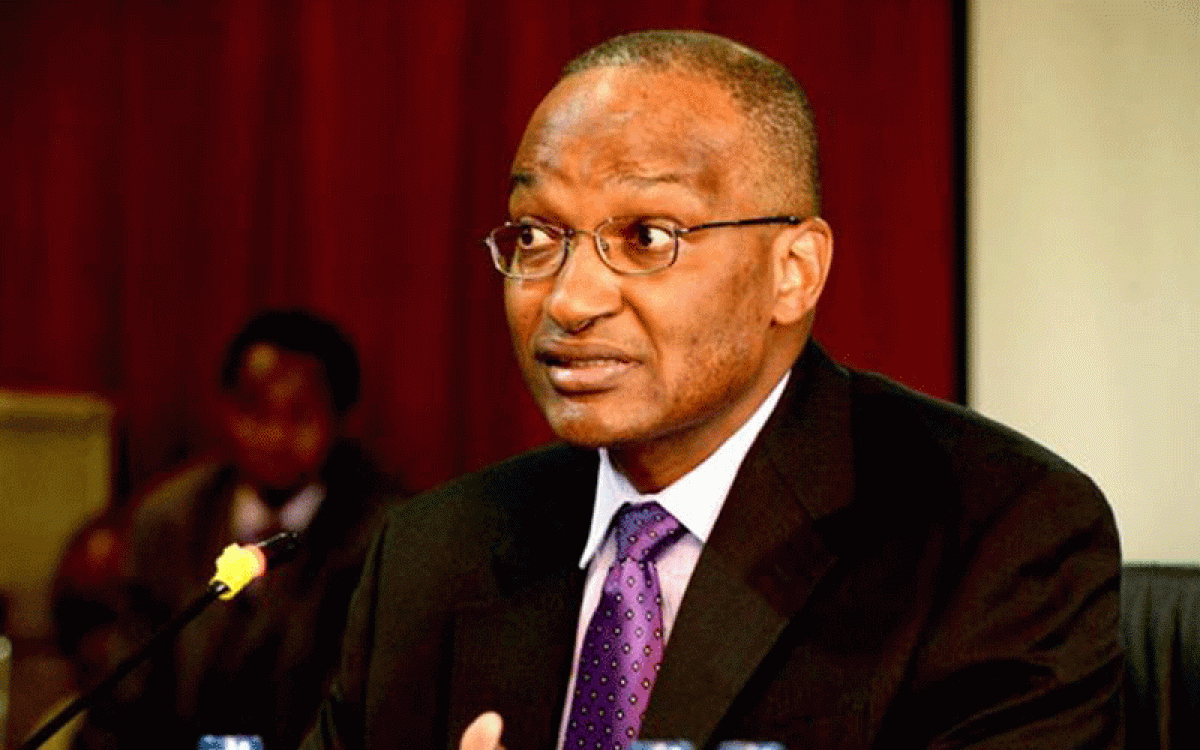The Central Bank of Kenya is in discussions on how to safely introduce digital currencies into the financial system.

The Central Bank of Kenya (CBK) has entered into discussions with other global Central Banks on the possibilities of entering the digital currency space.
A cryptocurrency is a digital asset designed to work as a medium of exchange wherein individual coin ownership records are stored in a ledger existing in a form of a computerized database using strong cryptography to secure transaction records.
“We are already having discussions with other global players, in various ways, around the introduction of Central Bank Digital Currencies. The push comes as a result of mushrooming of private cryptocurrencies and we are already feeling left out and need to create our own space,” said Central Bank of Kenya Governor Dr Patrick Njoroge.
He made these remarks in an online interview with the US media, on the sidelines of Georgetown’s DC Fintech week.
He said while Kenya has various transaction channels, CBK is keenly watching the niche that cryptocurrencies are trying to play in.
“The space for cryptocurrencies needs to be well mapped out so as to address such concerns as money laundering and financing of illicit activities,” said Dr Njoroge.
He said the bitcoin technology is exciting and that these are tools that are in search of a problem to solve, adding that bitcoin is more of an investment and a tool used for speculative purposes.
“While cryptocurrencies have a place, its space has to be clearly defined so as to address several concerns that Central Banks, including ability of the coins to support illicit transactions,” said Dr Njoroge.
He said principles around Central Bank Digital Currencies are already being worked out, including looking at the potentials and how the coins can be made available to the public.
Dr Njoroge said that while cryptocurrencies appear to be out to kill cash, the fact is that cash will still be around for a long time.
“The trend is towards a less cash economy and not a cashless economy,” said Dr Njoroge.

